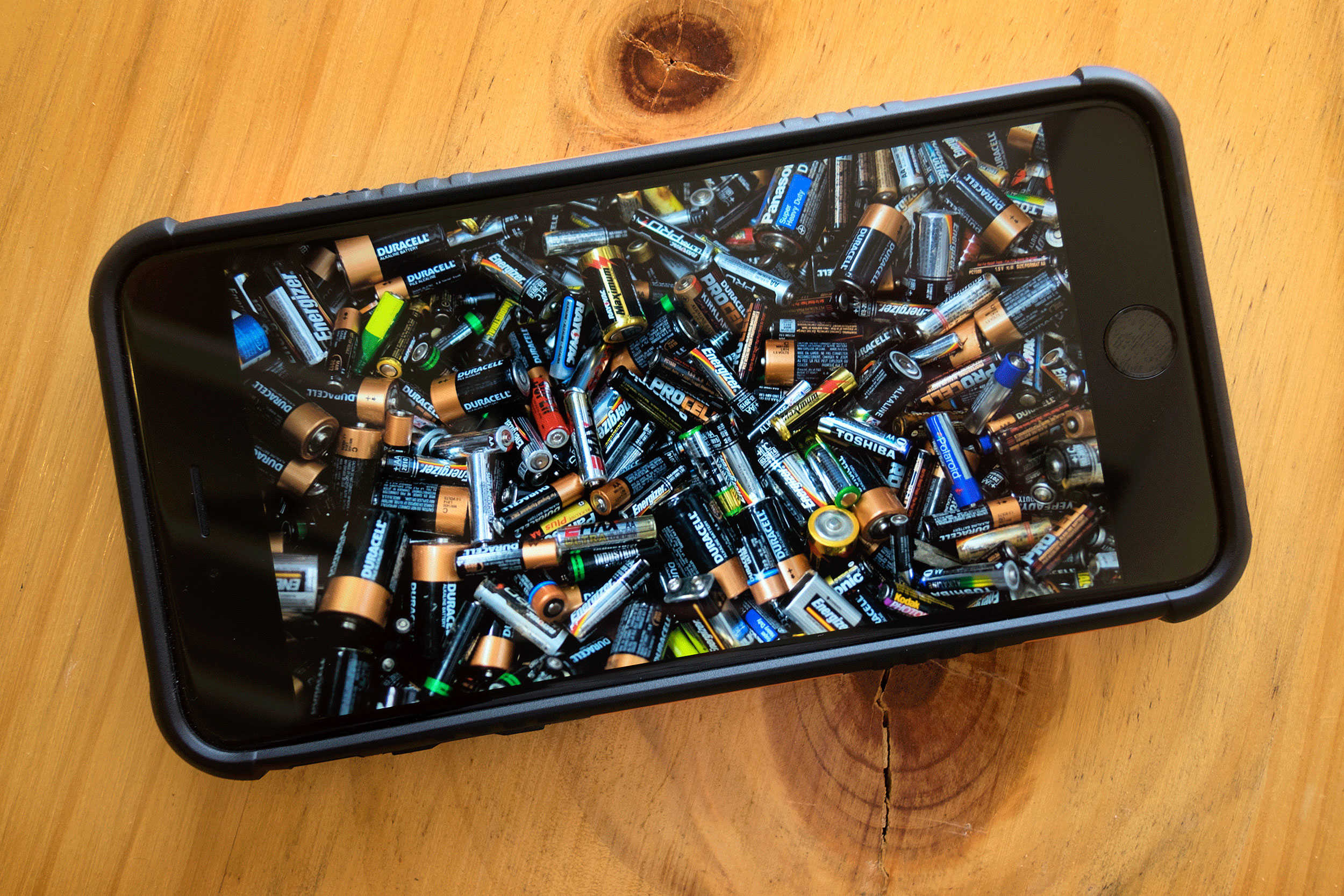As shared by Chinese leaker Fixed Focus Digital, there are unlikely to be any significant node improvements for next year's A19 Pro chip. The current-gen A18 chipsets are built on TSMC's N3E node, and it appears the A19 generation will make the move up to the Taiwanese company's N3P node, likely alongside Qualcomm's Snapdragon 8 Elite 2 as has already been rumored. Interestingly, however, the source claims the A20 chips will ditch TSMC entirely in favor of Intel. Supposedly, rather than contract TSMC to build the A20 chip for the iPhone 18 series, Apple will look to Intel and its 2nm 20A process.
iPhone 18 series: Rumor claims 2026-bound A20 Pro chipset could be built by Intel

